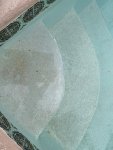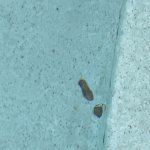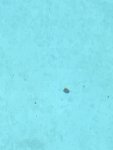Okay, I know nothing on how to assess my plaster pool built in 1988. We have lived in the house for 14 years. What do I look for? Is there a TFP resource, article or anything to educate myself about this? There are some stains, and in the last 2 years I’ve noticed more and more tiny brown spots all over it, the tile is falling off. No leaks, probably terribly abused by me as far as chemistry goes for the first several years, but trying my best to do the TFP way.
Right now I need to pretty much drain it due to very high CYA ( 250 I believe).
How often does it need resurfacing? What’s the deal about rough versus smooth surface?
I recently installed a water softener in the house, we have hard water. Should I fill it with softened water?
I’m worried about draining it though, I heard it could collapse? How much do I drain?
Any ‘pool Maintenence for dummies “resources anyone can suggest?
I am a high level do it youselfer but not sure I would tackle pool surface.
I am assuming it is plaster.
Any thought or advise would be greatly appreciated!
Right now I need to pretty much drain it due to very high CYA ( 250 I believe).
How often does it need resurfacing? What’s the deal about rough versus smooth surface?
I recently installed a water softener in the house, we have hard water. Should I fill it with softened water?
I’m worried about draining it though, I heard it could collapse? How much do I drain?
Any ‘pool Maintenence for dummies “resources anyone can suggest?
I am a high level do it youselfer but not sure I would tackle pool surface.
I am assuming it is plaster.
Any thought or advise would be greatly appreciated!




